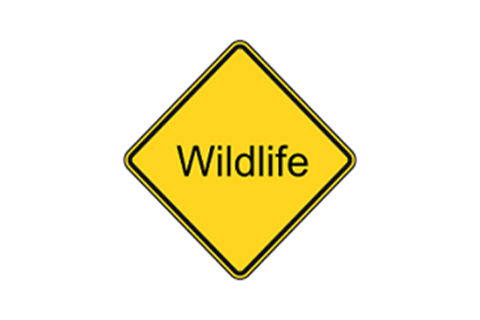Wildlife

Some examples of wildlife you may encounter in this municipality include echidnas, possums, platypus, seals, frogs, kookaburras, cockatoos, galahs, lorikeets, snakes, lizards and foxes.
Native wildlife, possums or swooping birds
Snakes
The warmer weather brings snakes out of hibernation, and you may see a snake while outside gardening, walking dogs, cycling, and enjoying our parks. Be aware when walking through grassy areas, around waterways and places where snakes are known to hibernate.
Although it is rare for snakes to bite, you should not approach, touch, or attempt to capture a snake. If you see a snake, keep calm and try to move yourself, anyone with you, and your pets away from the snake.
If someone is bitten, call 000 immediately.
If you see a snake at your home, you can contact a snake catcher. If you see a snake on high-risk public land, such as a playground, you can contact Council on 03 9688 0200.
If a pet is bitten, seek vet assistance immediately.
For more information or advice, contact the Department of Environment, Land, Water and Planning on 13 61 86 or visit their website: Wildlife - Wildlife
If you see injured wildlife, call Wildlife Victoria on 1300 094 535.
The Department of Environment and Primary Industries have the following key points to remember about living in or visiting an area with snakes:
- Never touch or attempt to capture or hurt a snake – instead call DELWP Customer Service Centre on 136 186 who will provide you advice or put you in contact with your nearest licensed snake catcher.
- Have a spring clean – clean up around the house and cut lawns regularly. Snakes are attracted to shelter such as piles of rocks and timber, sheets of metal, or building materials.
- Clean up the chook pen to deter rodents which may attract snakes as a food source.
- Undertake first aid training, ensure your first aid kit contains several compression bandages, and if someone is bitten call 000 immediately.
- Snakes are protected under the Wildlife Act 1975. It is illegal to capture, kill or harm them. Bites can occur when people try to kill snakes.
Red Foxes
Red foxes are widespread in Victoria and have been present in inner Melbourne since the 1930s and have adapted to become an established part of suburbia. They can cause a nuisance by harassing domestic animals, eating pet food, raiding rubbish bins, defecating or digging in gardens, and chewing infrastructure such as garden hoses and irrigation systems.
Foxes have been declared a pest animal under the Catchment and Land Protection Act (1994). Under this law, you are legally responsible to prevent the spread of and as far as possible and remove foxes from your property.
Red foxes forage around rubbish bins, picnic sites, compost heaps and also feed on fruit and pet food left outside.
The best way to make Maribyrnong fox-free is to make the area unsuitable for fox survival. It is more effective to eliminate the attraction to foxes to be around your property than trying to remove the foxes.
Report red fox sightings on the Feralscan website. Residents recording their sightings on FeralScan will provide data on red fox hot-spots which will help inform the development of the Australian Pest Animal Strategy.
Try using animal deterrent scents or installing movement sensor ultrasonic noise devices or a movement sensor water sprinkler. Otherwise, contact a pest controller to have the fox removed.